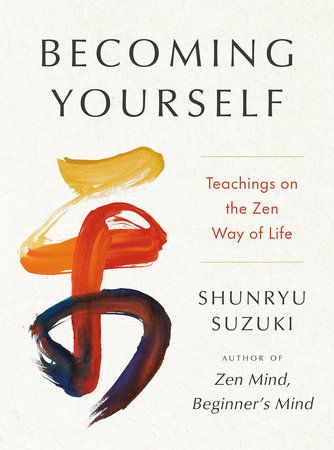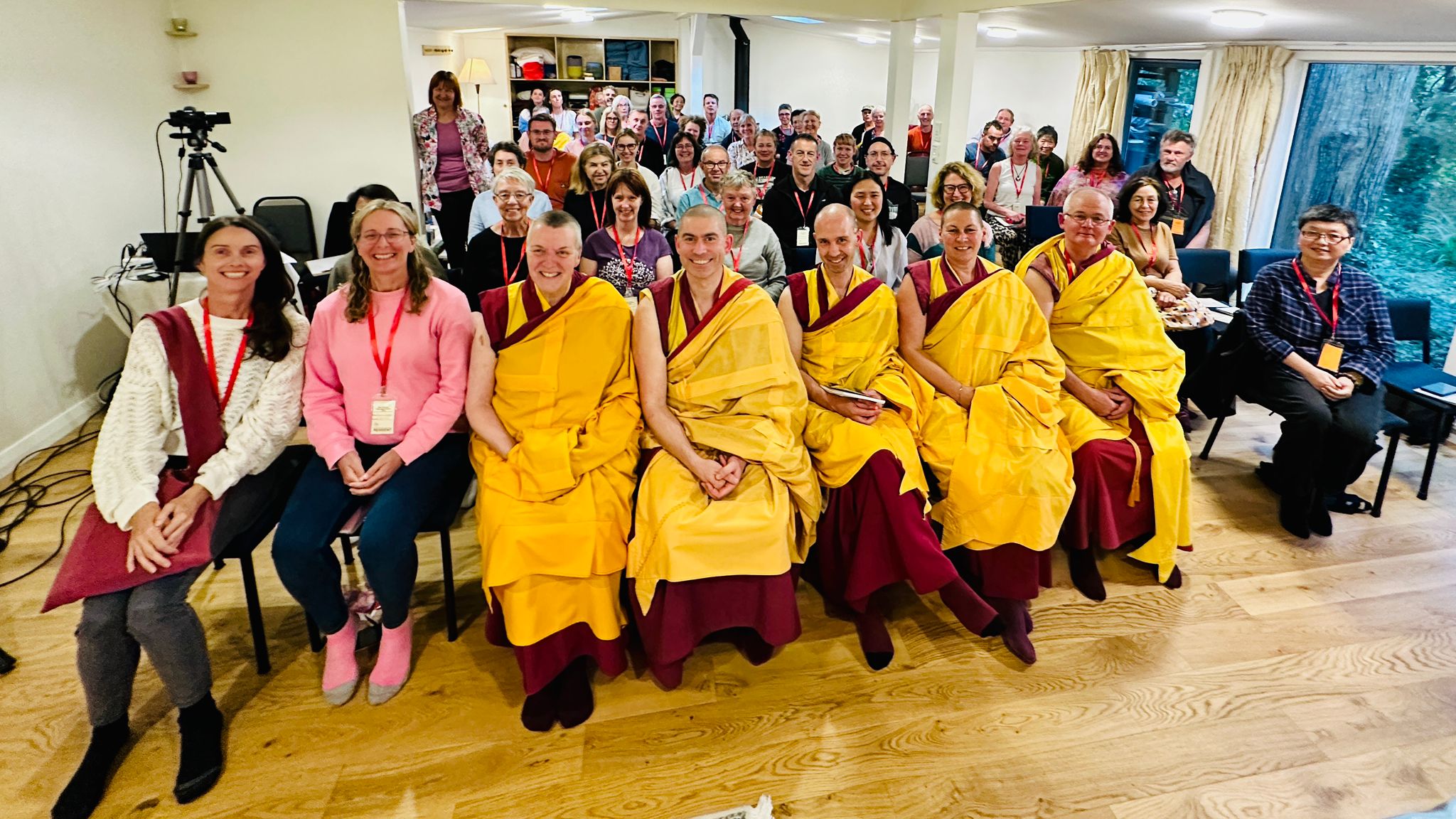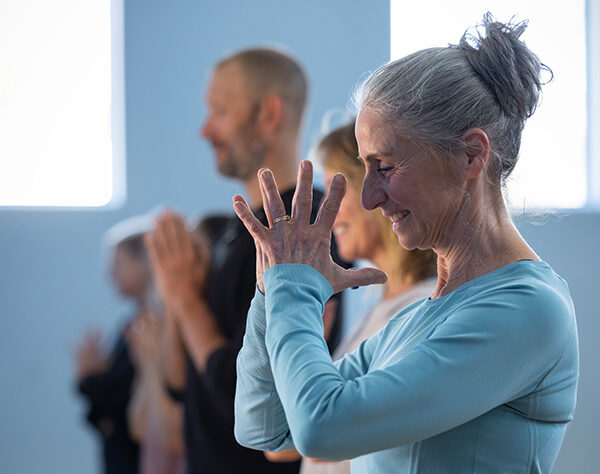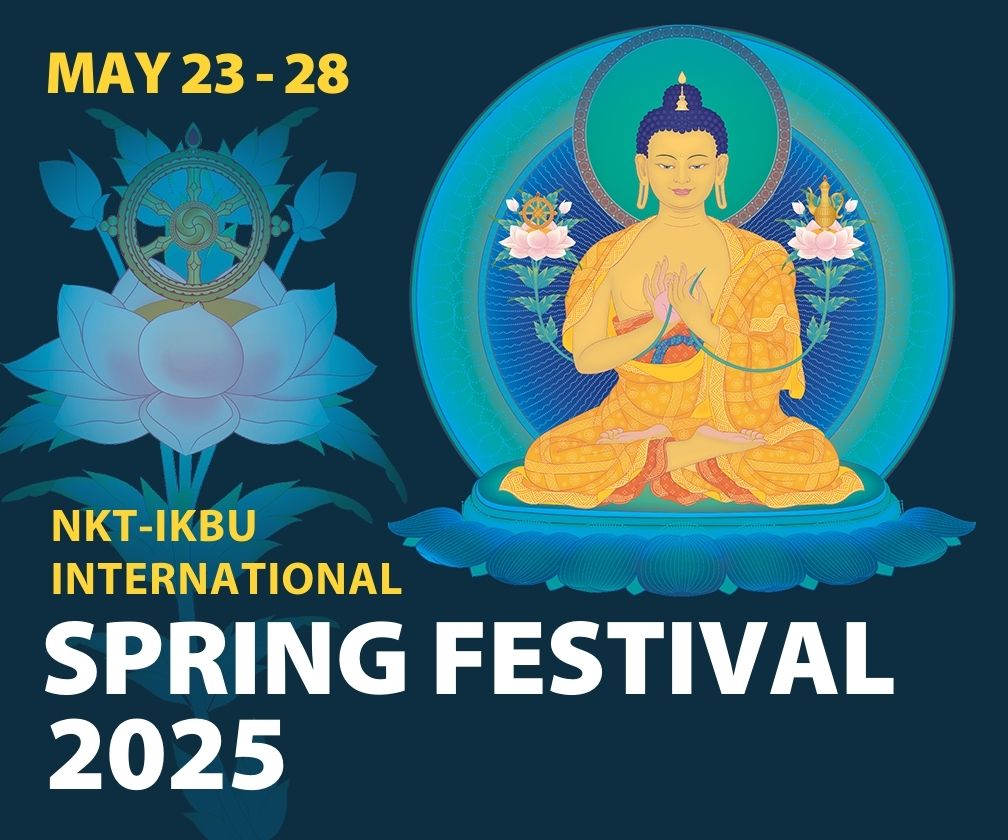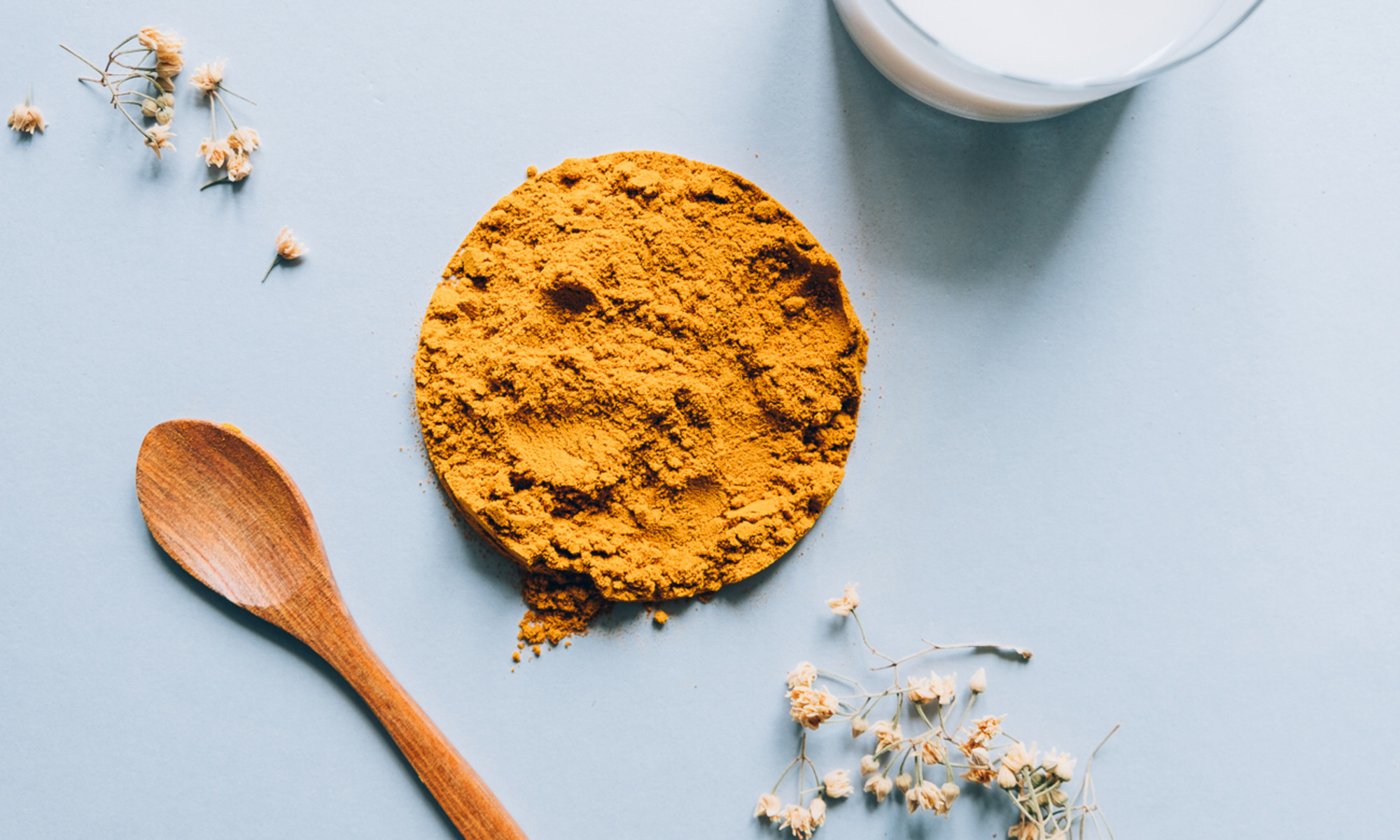Taking Care of Yourself
In an excerpt from his recent posthumous collection, Soto Zen master Shunryu Suzuki provides a powerful yet gentle message on how to look at our desires. The post Taking Care of Yourself appeared first on Tricycle: The Buddhist Review.

In an excerpt from his recent posthumous collection, Soto Zen master Shunryu Suzuki provides a powerful yet gentle message on how to look at our desires.
By Shunryu Suzuki Roshi Jun 24, 2025 Image by Mokhalad Musavi
Image by Mokhalad MusaviWhen I was at Eiheiji monastery, Kitano Zenji was the archbishop. Once when he was young and making a long trip on begging rounds, he reached the top of a mountain pass and took a rest. Through the mist he could see the town below, and he saw that he had plenty of time to make it there. To pass the time, and because he was an inveterate smoker, he sat on a stone and took out a cigarette. He looked down the mountain and the view was wonderful. It was so wonderful, you know, to have a puff in the middle of that scenery, and especially in the fog! It was so wonderful that he gave it up—he stopped smoking at that time. How about that? It was so nice that he stopped smoking. He knew what real desire is, what it is exactly.
Here is another example: winter is the time of year when we scratch the itchy chilblains that are caused by the cold. When there is a lot of snow, it is easy to get chilblains, and before spring comes, they become very itchy. If you get them, you will scratch them. I think there is no more agreeable thing than to scratch your itchy chilblains. You scratch and scratch, and the more you do, the more itchy they become, and you cannot stop. It is not so healthy to scratch them.
No one wants to have chilblains, since it is not a good condition for your skin. But even though no one tries to get more chilblains, many people will like the joy or agreeable feeling of scratching once they have them. Kitano Zenji knew that smoking was not so good, in the same way that we all know that we should not desire chilblains.
You should know not to scratch your chilblains so much, and you should also know what kind of desire it is that will help you, and how much desire you should have. When you know this, then naturally you will have control over your desire, and you will not scratch your chilblains so much. It is very difficult not to scratch chilblains. This point is vital, and this is a very big problem for us. Even though you think you are striving to attain enlightenment, actually you are just scratching chilblains.
The Buddha says to refrain from our desires, but not because desire is bad or because we shouldn’t have desire. To have right practice with our desire is true practice. When you have no control over desire, it will create various problems you will suffer from. Even though you think you are doing religious practice, if you do not notice this point, you are creating more karmic problems with your religious practice.
When you have no control over desire, it will create various problems you will suffer from.
I want you to understand this point very clearly. I am not talking about something difficult, but if you understand this point, you will know how to treat yourself even when it is difficult, like when trying to give up smoking.
Our rules are provided from the standpoint of the enlightened person’s experience. You just want to scratch your chilblains, and you think that is freedom. If your mother said, “Don’t do that,” you would fight with her. That is what most people are doing in their understanding of the rules. But our rules are not like that. Our rules are “pure rules” or “enlightened rules.”
You can trust my words on this point. I don’t know if you can trust me when I say something fancy! But now I am being very straightforward, because I have a lot of experience with this. When you enjoy a good understanding of your desires, naturally you will have good practice, and that good practice will help you with your everyday problems.
Our way is the so-called Soto way, not the Rinzai way. We say “Soto way,” but actually our way is nothing but how to get rid of the confusion and suffering in our life. The Soto way puts more emphasis on zazen. Zazen, zazen, zazen. Zazen means that you have to be yourself. The way to be yourself is to take care of how you treat yourself, including your various desires. It is how you treat your painful legs, how you have good posture, and how you let your breathing be smooth.
When you really take care of yourself, you will have a grandmother-like mind. You will always say to yourself things like, “Don’t eat too much,” because you will always be trying to take care of yourself, just as you do in your zazen. When you become angry, you may say, “Oh, don’t be angry so much.” Even though saying so may not help, you will treat your anger in this way.
This is how you treat yourself in zazen. In zazen, even though you might want to, you cannot shout, “DON’T BE ANGRY!” and so naturally, eventually, your anger will go. In zazen you will not be so indignant about any particular thing. You will have no time to be angry. That is how you take care of yourself.
If in this way you become the boss of yourself, including your desires, you will be the boss of everything. Your practice will include everything. The way you treat yourself will be the way you treat your friend and the way you live in this society. You will not create any problems. You will not even try to help others, but you will actually be helping others. It is very difficult for people to be like that, so if you are like that, it will be a good example for others, and others will follow your example. They may not recognize you, but they may feel very good to be around you.
Once you create karma, it will always be with you—but that karma can change direction.
What you learn in the Soto way is how to treat yourself, and how to live in this world without creating karma for yourself and for others. It seems to me that mostly you ignore the idea of karma; you don’t want to see your karma, even though by acting on your desires, you are creating a lot of karma. You try to ignore it, but it is you who will suffer from the karma. You cannot ignore the truth of cause and effect: if you create some karma by not controlling your desires and behavior, the result will come back to you.
You turn your bad karma into good karma through the power of practice; because of your good practice, bad karma will change its direction. It will not vanish—once you create karma, it will always be with you—but that karma can change direction. When you work on karma, it becomes good karma.
♦
Excerpted from Becoming Yourself: Teachings on the Zen Way of Life by Shunryu Suzuki. Copyright © 2025 San Francisco Zen Center. Published by Tarcher, an imprint of Penguin Random House LLC. Reproduced by arrangement with the Publisher. All rights reserved.
![]()
Thank you for subscribing to Tricycle! As a nonprofit, we depend on readers like you to keep Buddhist teachings and practices widely available.
This article is only for Subscribers!
Subscribe now to read this article and get immediate access to everything else.
Already a subscriber? Log in.

 FrankLin
FrankLin 